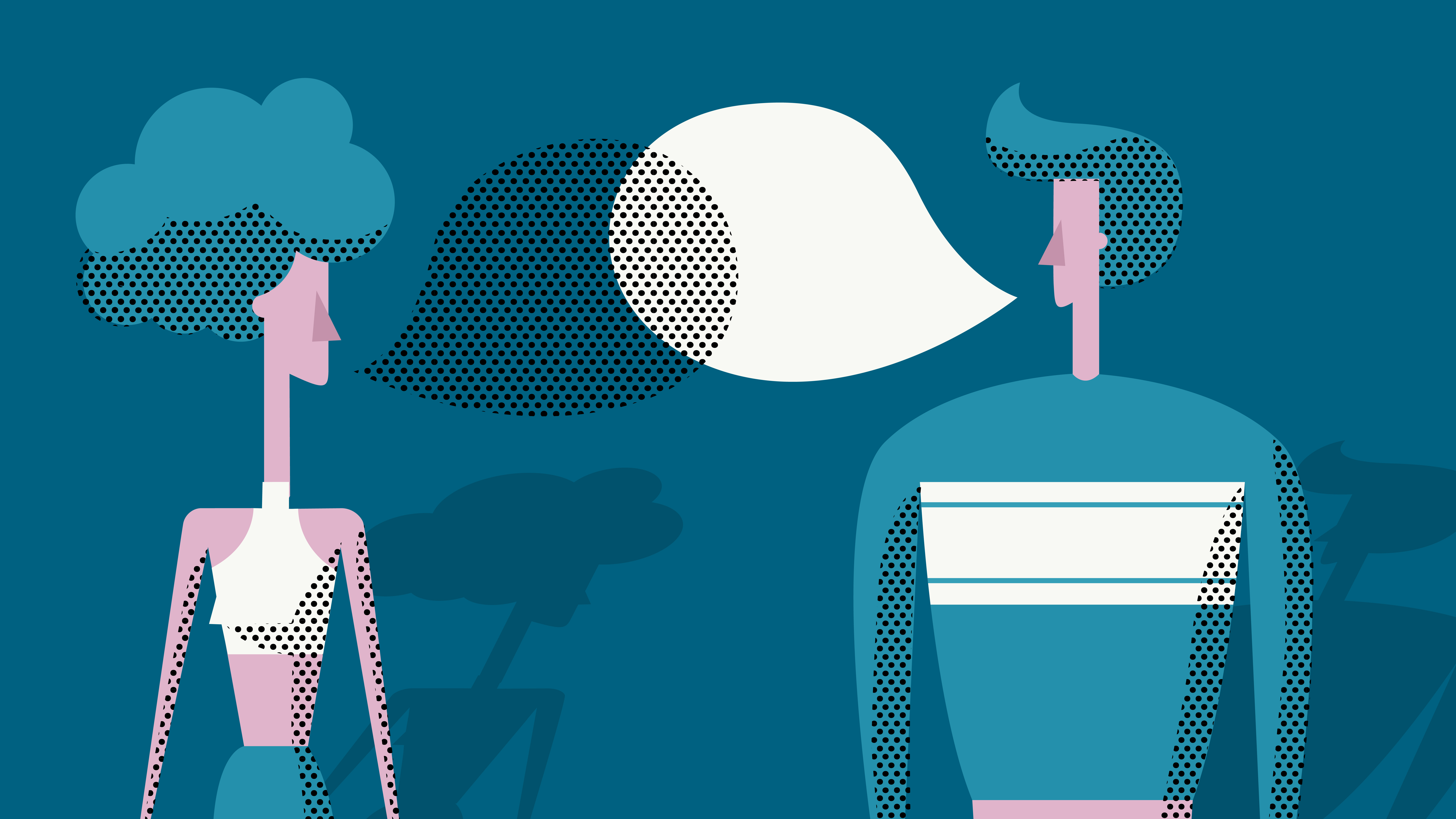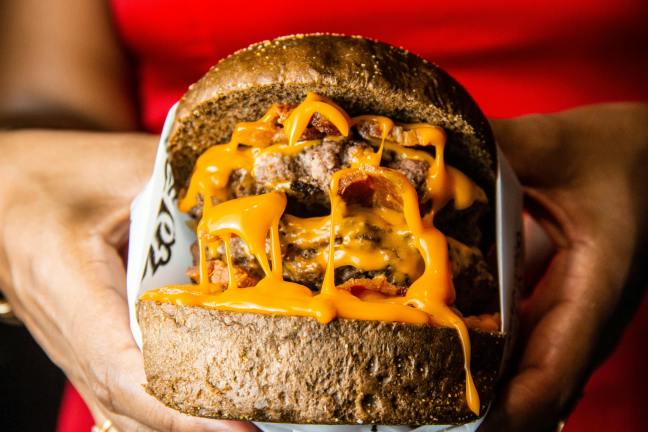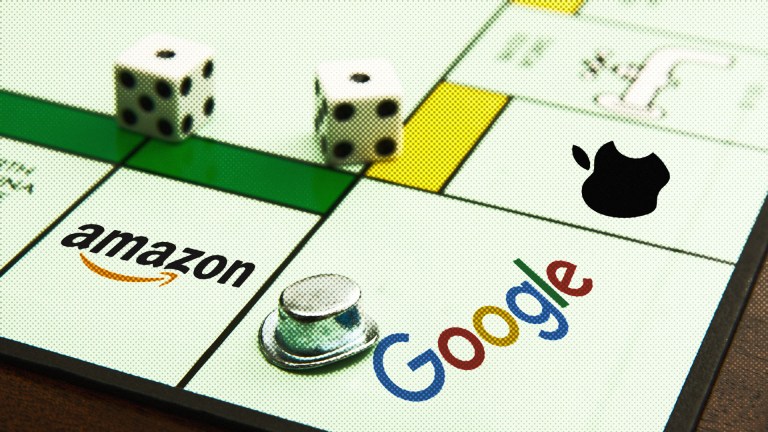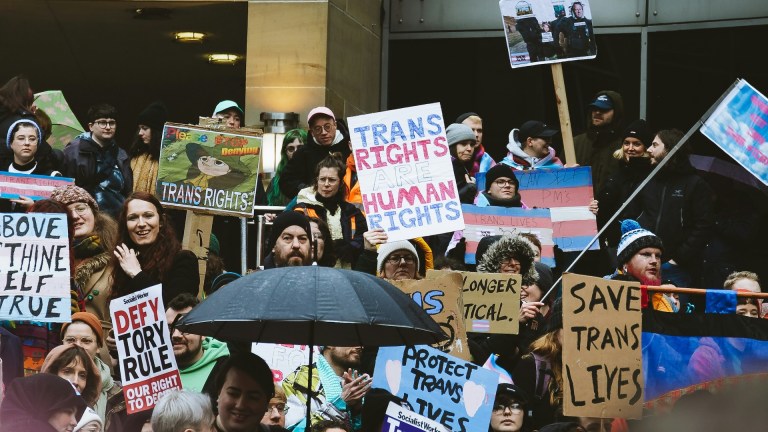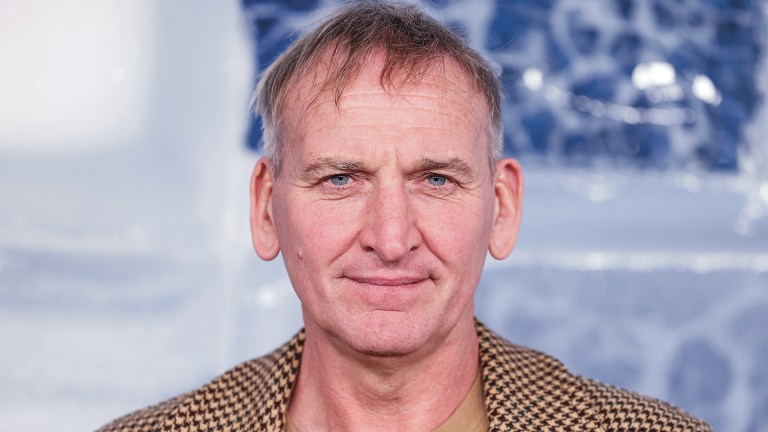It bore flowers as painted by Cressida Campbell, an Australian artist whose exhibition I had seen a few months before and then exited through the gift shop.
We talked of art and of Grimsby, her destination for the job she was about to start.
The conversation was barely five minutes, just a little connection. Two people just being interested, saying hello, unlikely to ever meet again.
Living in a society where clickbait fuels paranoia, we can fear connection.
On a train from London to Manchester, I decided to opt for the vestibule. I find it easier to think and easier to read. A pleasantly disgruntled man made a similar decision. It turned out he was a talker.
Your support changes lives. Find out how you can help us help more people by signing up for a subscription
Firstly, he was frustrated because no one would move their bags off the spare seats to let him sit; they had all made their excuses. For some people, the zips and straps of their holdalls are more precious than human strangers could ever be. I saw nothing wrong with him.
He had the look of a man who had been up all night drinking alone, but this was more the melancholy than any sense of aggression. He had been suffering depression. He loved his dog but his dog had died. He wasn’t sure what to do and so he was visiting his mother who he had not seen for some time. It was obviously one of those 6am decisions that came when the last can ran out.
In the past, I would have been pleasant but frustrated that I was being distracted from reading my book. But why do I read books? I read books for stories, and here was his. He asked if I would like anything from the buffet car as he needed some water. He came back with beer. I listened until Stockport and then departed. Who was it that wrote that so many lives are lived in quiet desperation?
And I still finished that novel I was reading about an alien encounter on a far off moon, just a few hours later than originally intended.
On a plane to Geneva, on the way to visit the Large Hadron Collider, the young person next to me opened James Joyce’s Ulysses. I didn’t know if I should say anything, because he had his work cut out for him with a book of such weight and reputation, but it is a book I have started more times than any other.
I said hello and expressed my admiration for his reading intentions and it turned out that he was happy to be distracted and, on top of that, a physicist, and so we talked of quarks, the sub atomic particles that get their name from James Joyce, and then the conversion went from the tiniest of matter to the edge of the universe.
Small connections, with no grand intention and no necessary future, so often seem like things we evade. And yet they can reinvigorate us when the world, as written about and broadcast in the media, can seem so cold.
Robin Ince’s book Bibliomaniac (Atlantic Books, £16.99) is out now. You can buy it from The Big Issue shop on Bookshop.org, which helps to support The Big Issue and independent bookshops.
This article is taken from The Big Issue magazine, which exists to give homeless, long-term unemployed and marginalised people the opportunity to earn an income.
To support our work buy a copy! If you cannot reach your local vendor, you can still click HERE to subscribe to The Big Issue today or give a gift subscription to a friend or family member.

